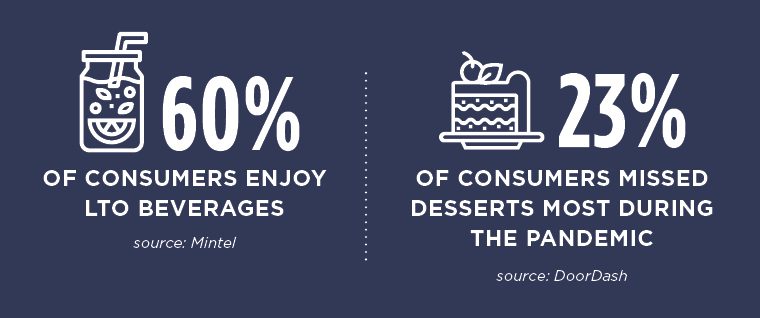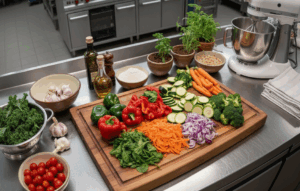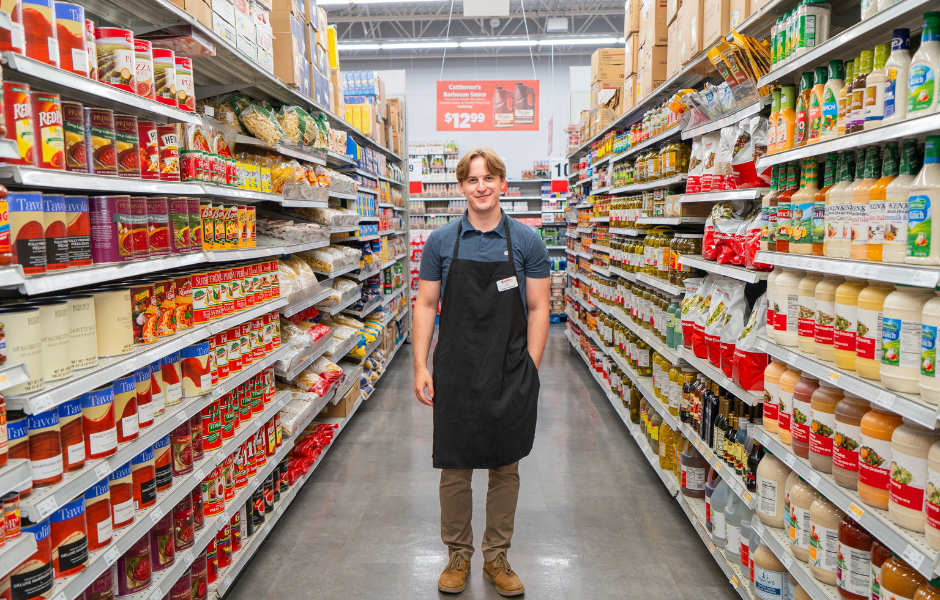This article originally appeared in the Gordon Food Service Foodscape publication.
Now more than ever, every restaurant visit is a special occasion. Improve upon the experience with limited-time offers. LTOs create excitement, spark repeat business and enhance your success.
Whether you’re working to fill seats, beat the labor shortage or manage supply concerns, LTOs can be a problem solver. It pays to know why LTOs work and ways to use them to your advantage.
Why do I need LTOs?
To stay profitable, nearly 60% of restaurants shrank their menu during the pandemic, according to Datassential. Now, as operators fight staff shortages, rising food costs and supply issues, LTOs offer a way to energize the menu and grow business.
A pre-pandemic Mintel survey showed 75% of consumers prefer seasonal flavors, while LTO beverages appeal to 60% of consumers. A recent DoorDash survey shows 23% of consumers missed desserts most during the pandemic. Here’s why LTOs are good for business:
- LTOs offer choices. Add a holiday shrimp dish, a seasonal cocktail/mocktail, a chocolate dessert, etc. Create a get-it-while-it-lasts desire and test future menu possibilities.
- LTOs simplify labor. Enhancing a menu item by cross-utilizing one or two ingredients–a special sauce or seasoning—takes minimal extra labor time or skill.
- LTOs control costs. Combine consumers’ willingness to pay more for LTOs with your ability to use value-added products or make items in advance. Check averages increase and you save time.
- LTOs manage supply. Build LTOs around plentiful or seasonal ingredients. You also can limit production—say 50 each day—to build intrigue and guard inventory.
When do I use LTOs?
Many LTOs are seasonal—pumpkin spice in the fall, minty mocha in the winter, etc. Success depends on developing an LTO plan with enough time to procure ingredients, promote it in house and online, train staff to sell it and, ultimately, gather data.
Your goal is high profit and high popularity. Maybe you’ll discover a dish worth adding to the permanent menu. Perhaps you’ll develop an item guests will look forward to once a year (shamrock shakes, anyone?).
Because 80% of sales come from only 16% of menu items, LTOs don’t need to be elaborate to succeed. Planning plays a big role, so keep these steps in mind:
- Use your brand as a guide (try local/global/fresh ingredients in a timely way, when they’re available, and as they fit your brand).
- Identify your goal (check average, new clientele, menu-building, etc.).
- Call on product/recipe insights from your Gordon Food Service Sales Representative.
- Test recipes in your kitchen and with your staff to assure you can meet labor and supply needs.
Why LTOs make sense now
While multi-unit operators have mastered LTOs, independents are well-positioned to utilize them. Independents are nimble and have a good sense of in-house capacity. They also can make LTOs fit their brand and quickly connect with local audiences.
Prior to the pandemic, LTOs increased 64% at Top 500 multi-unit operators, according to Restaurant Business online. Now that people are tired of eating at home, LTOs offer a way to feature innovation, stay on top of trends and manage labor and supply-chain issues.
Doing all of those things while appealing to customers means LTOs have unlimited potential.











